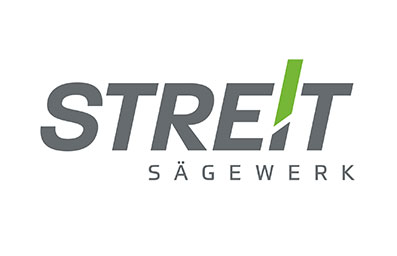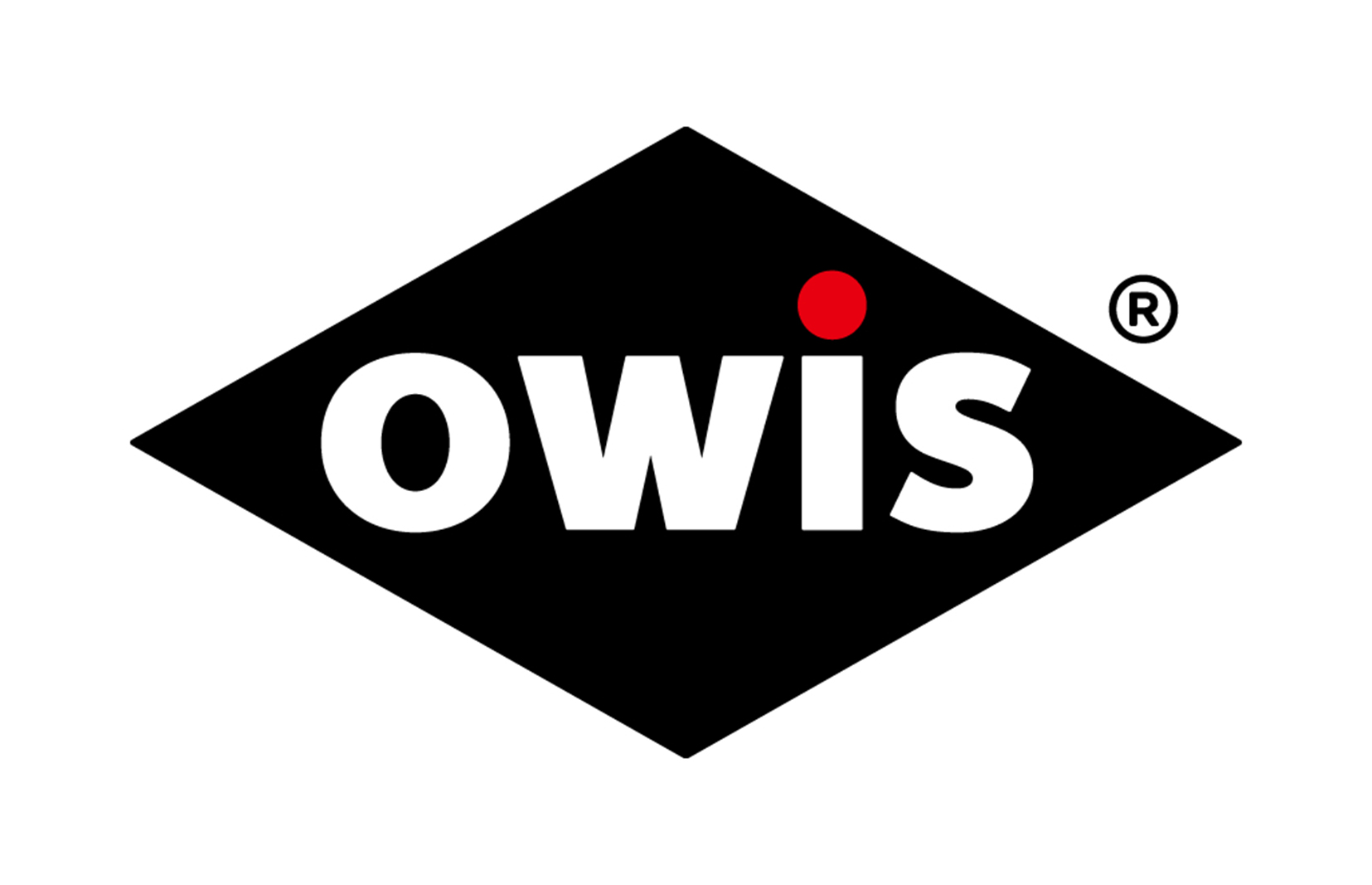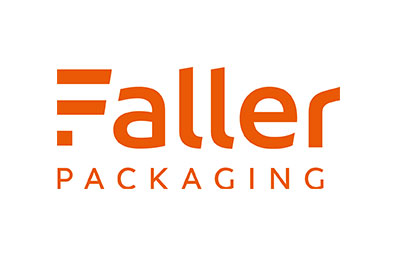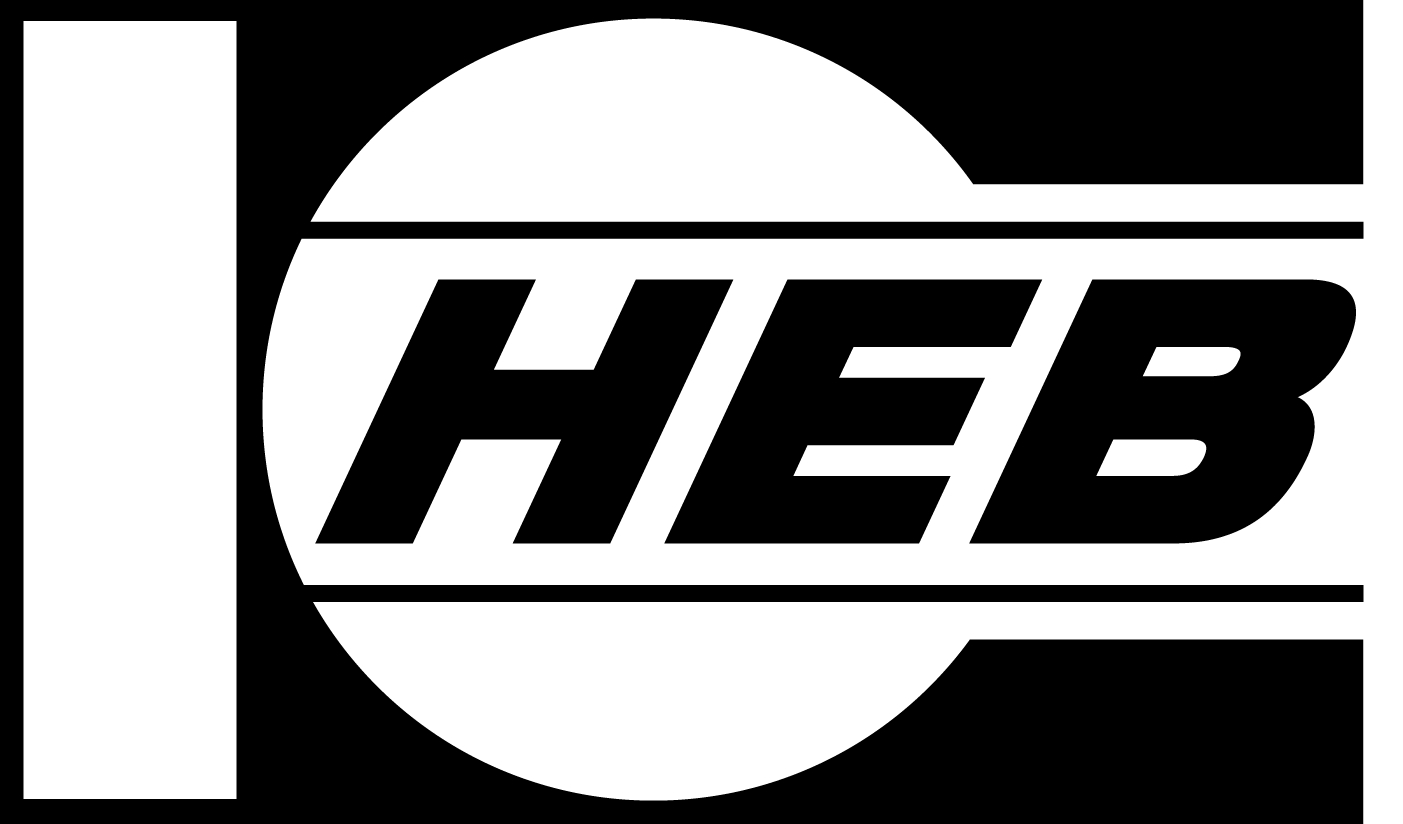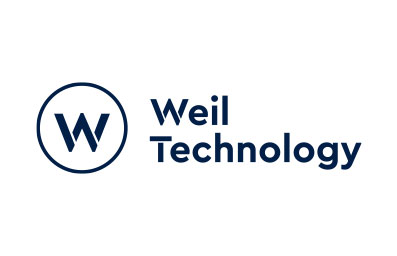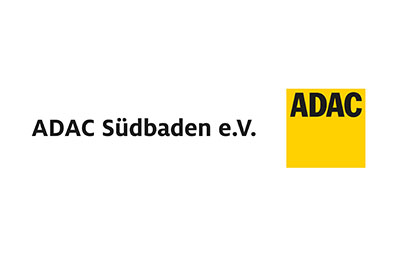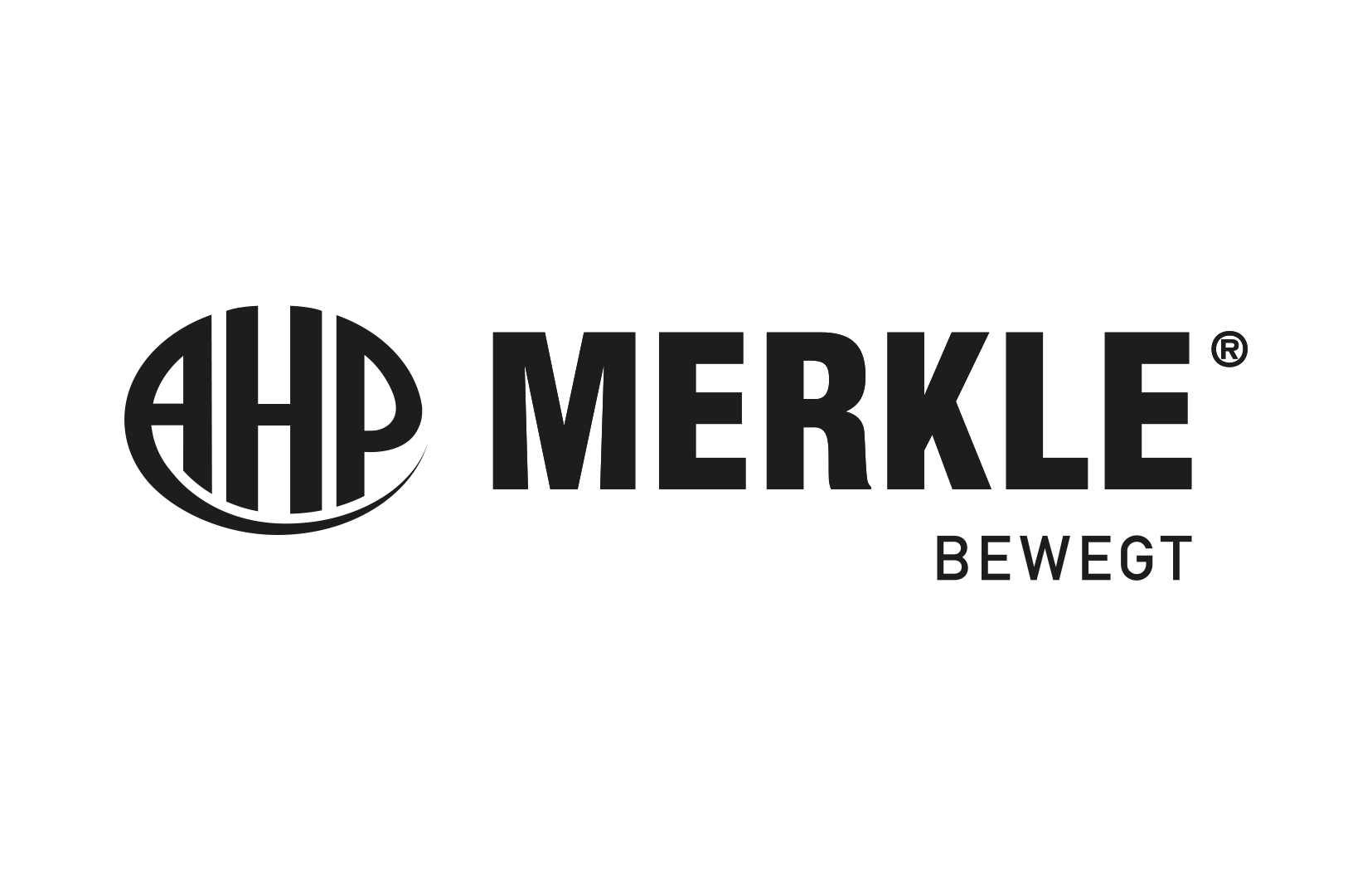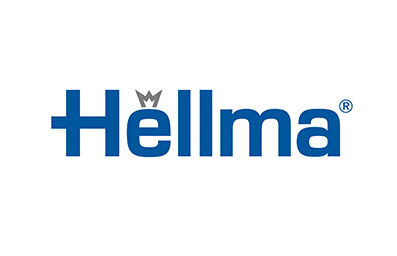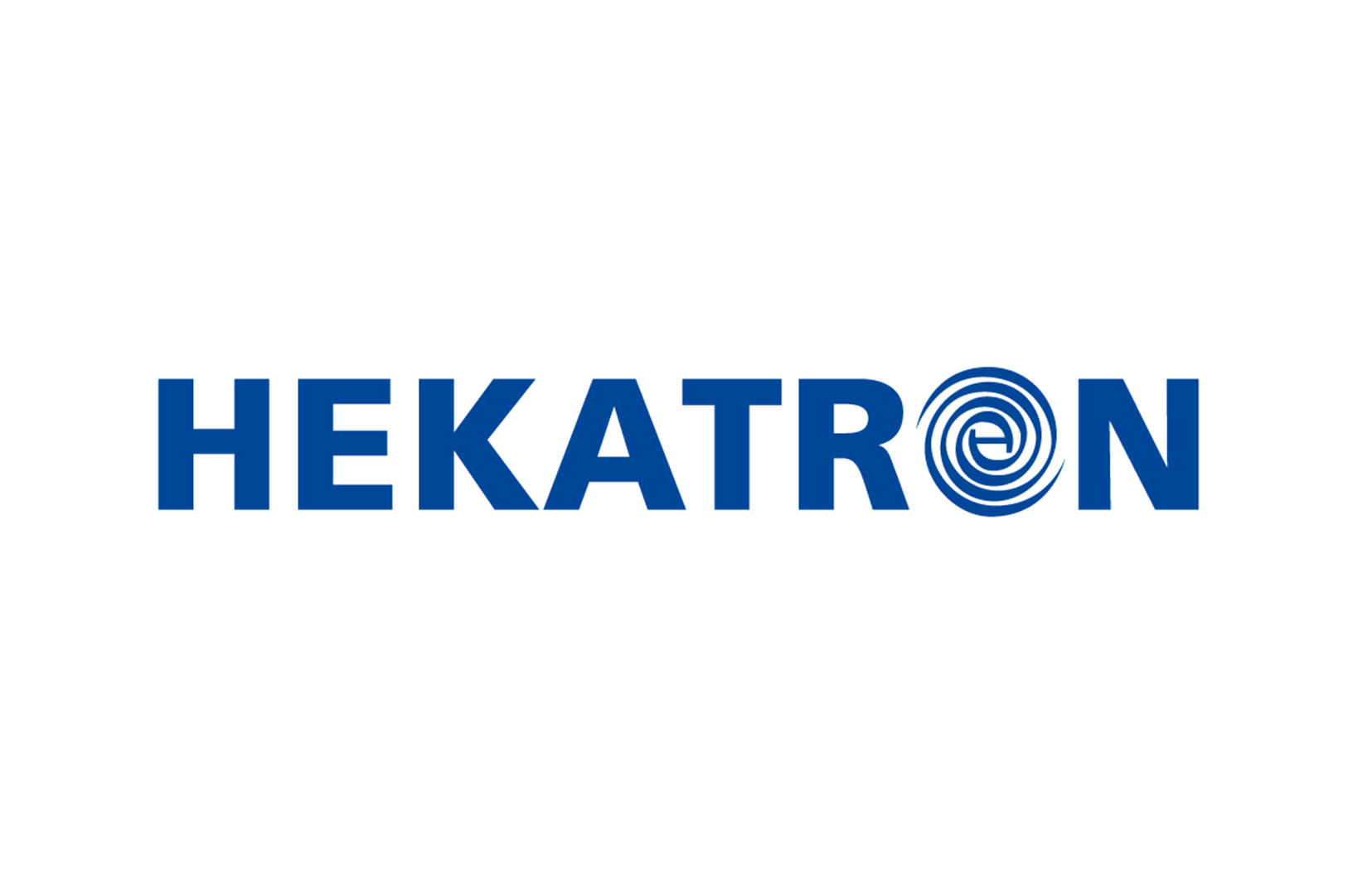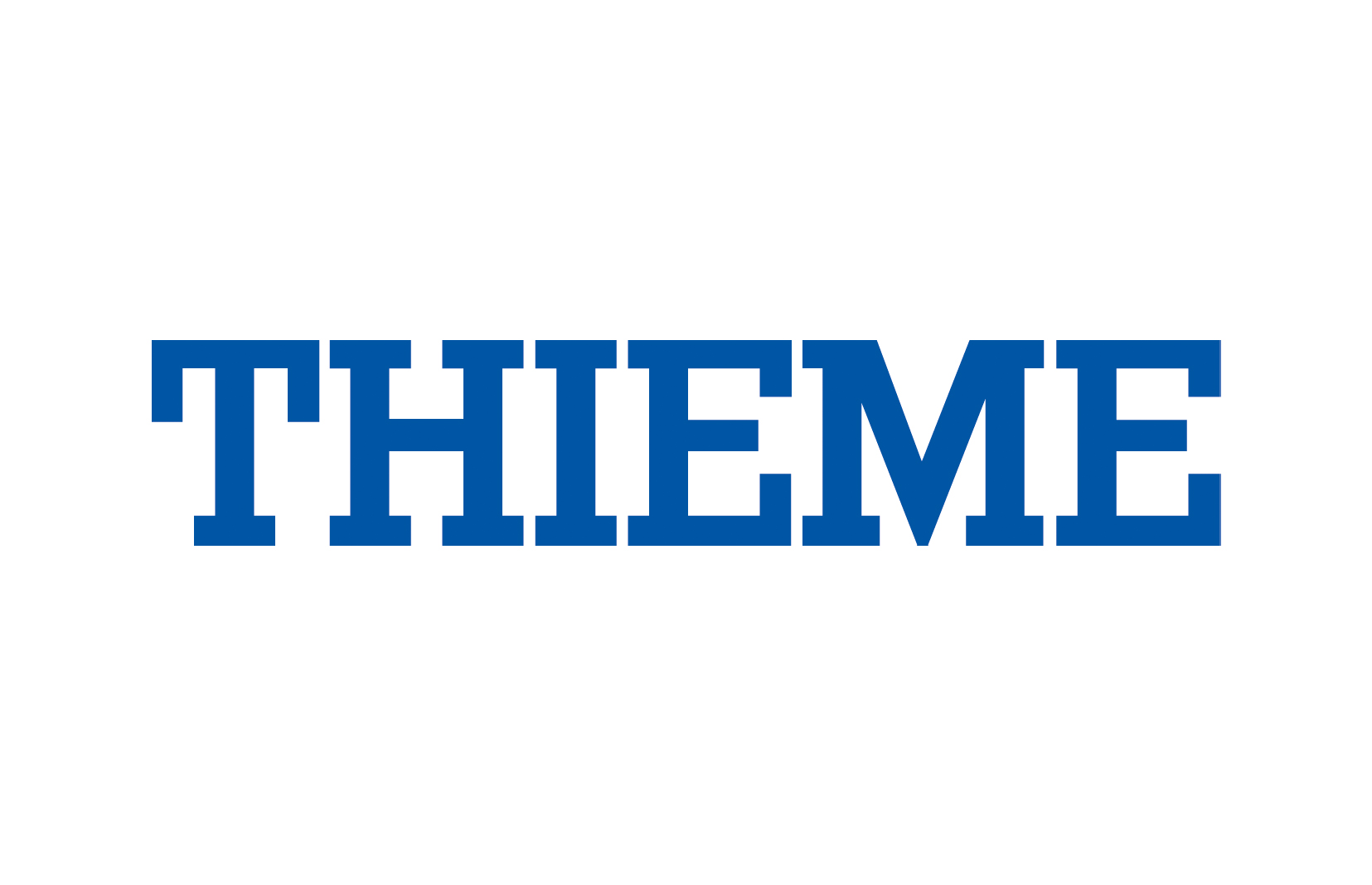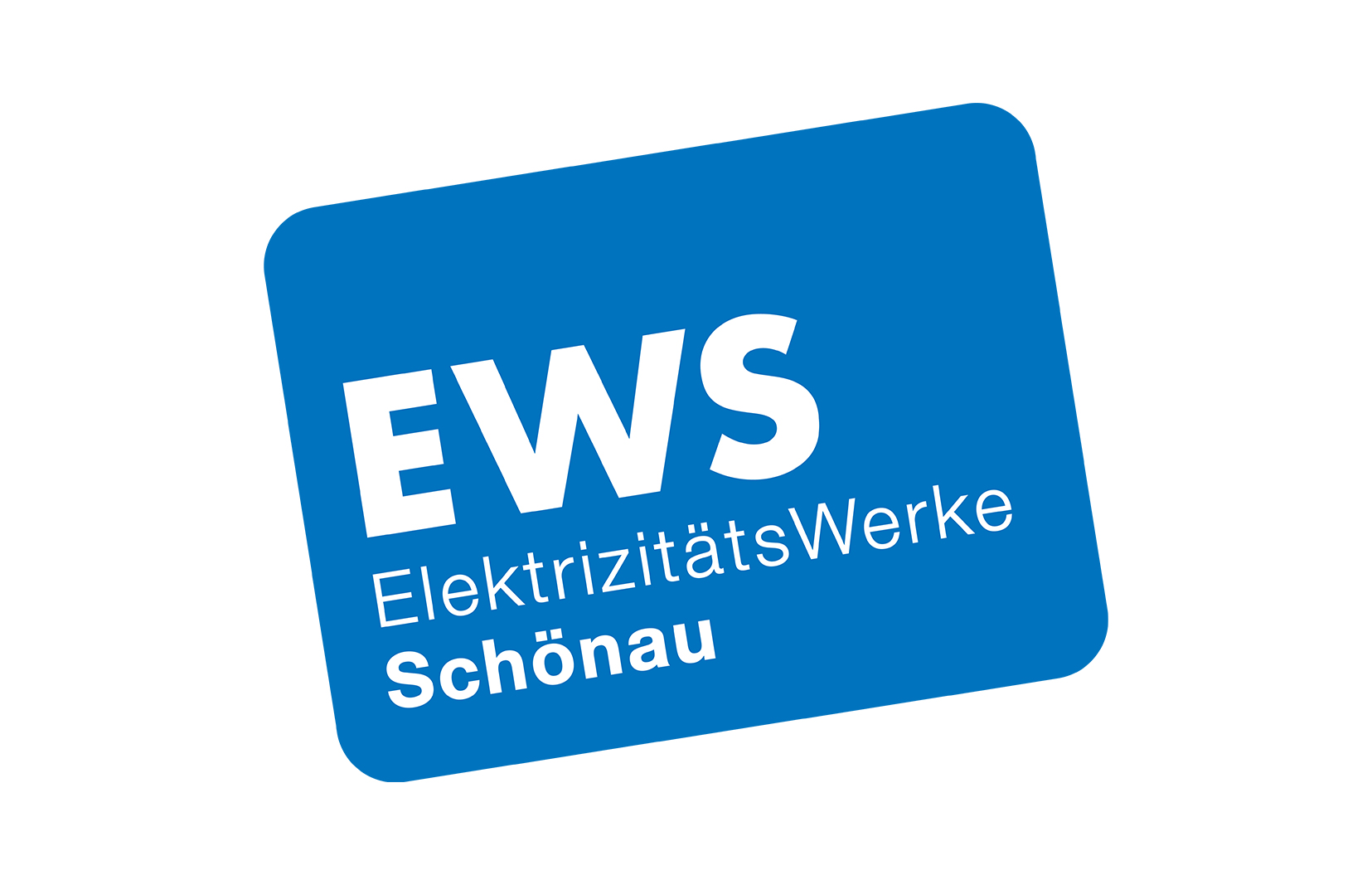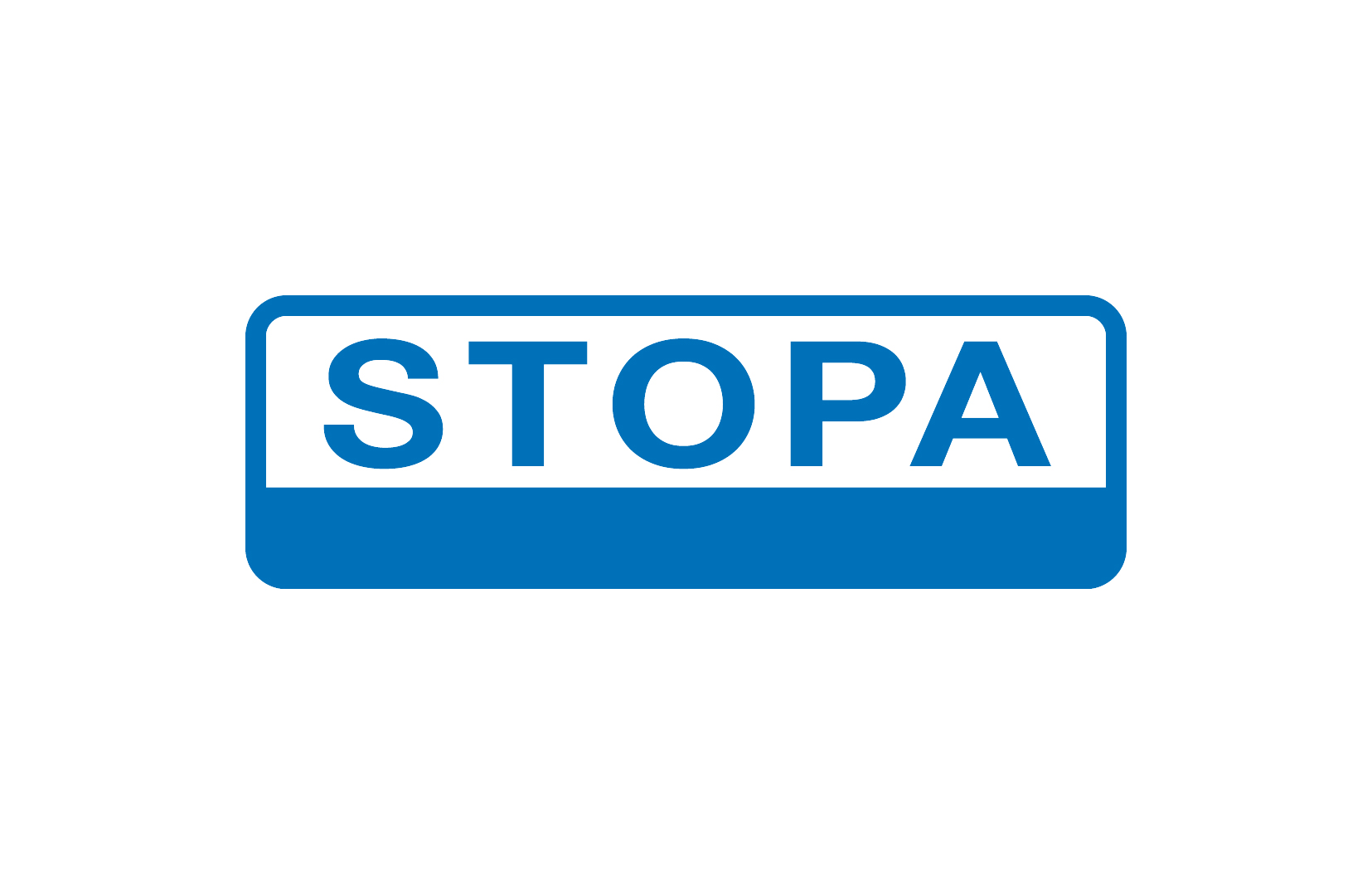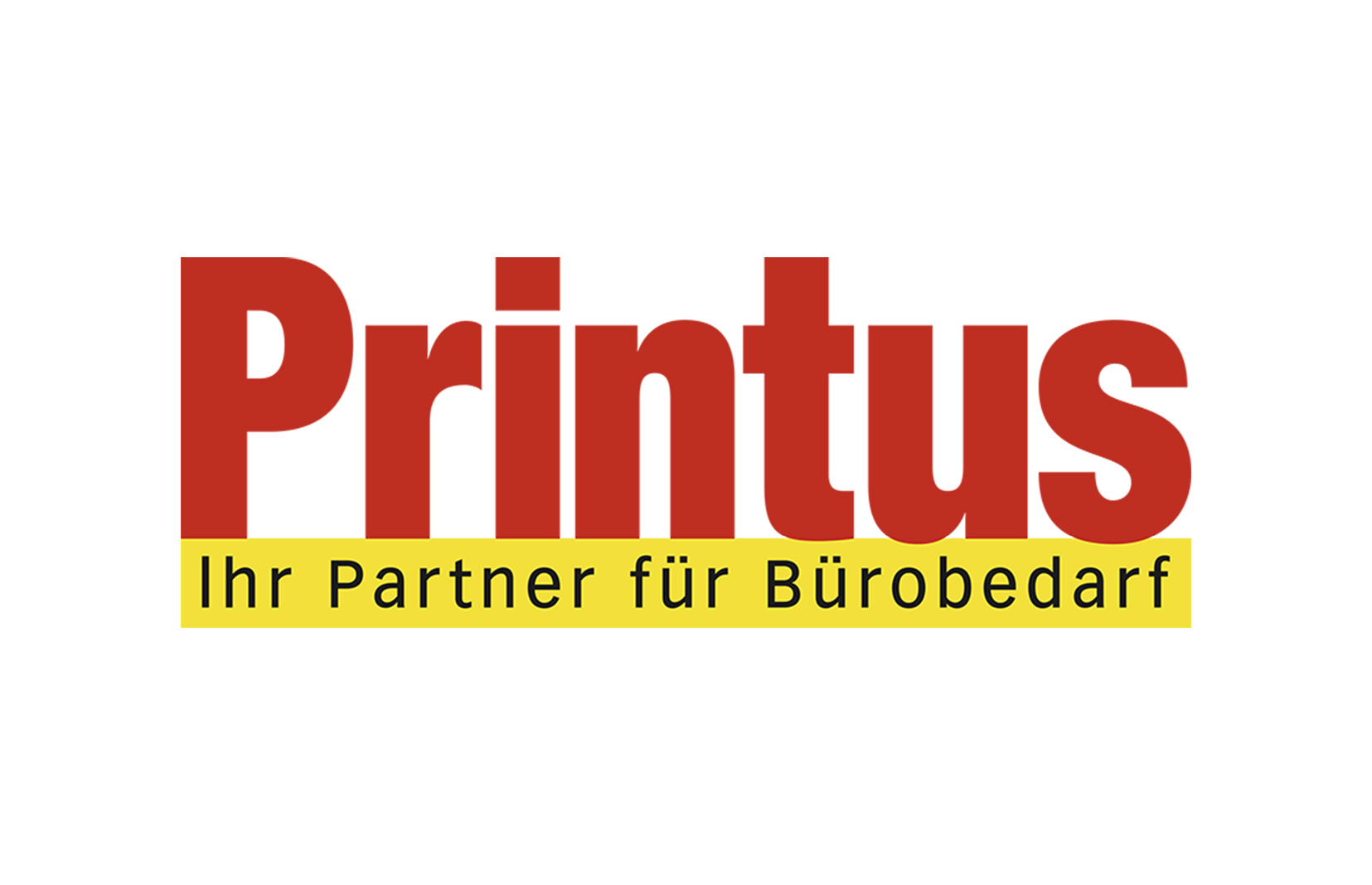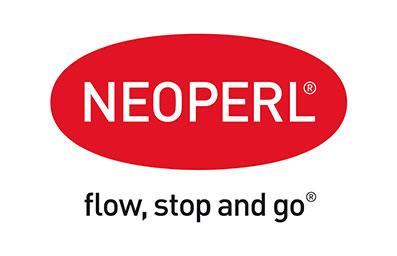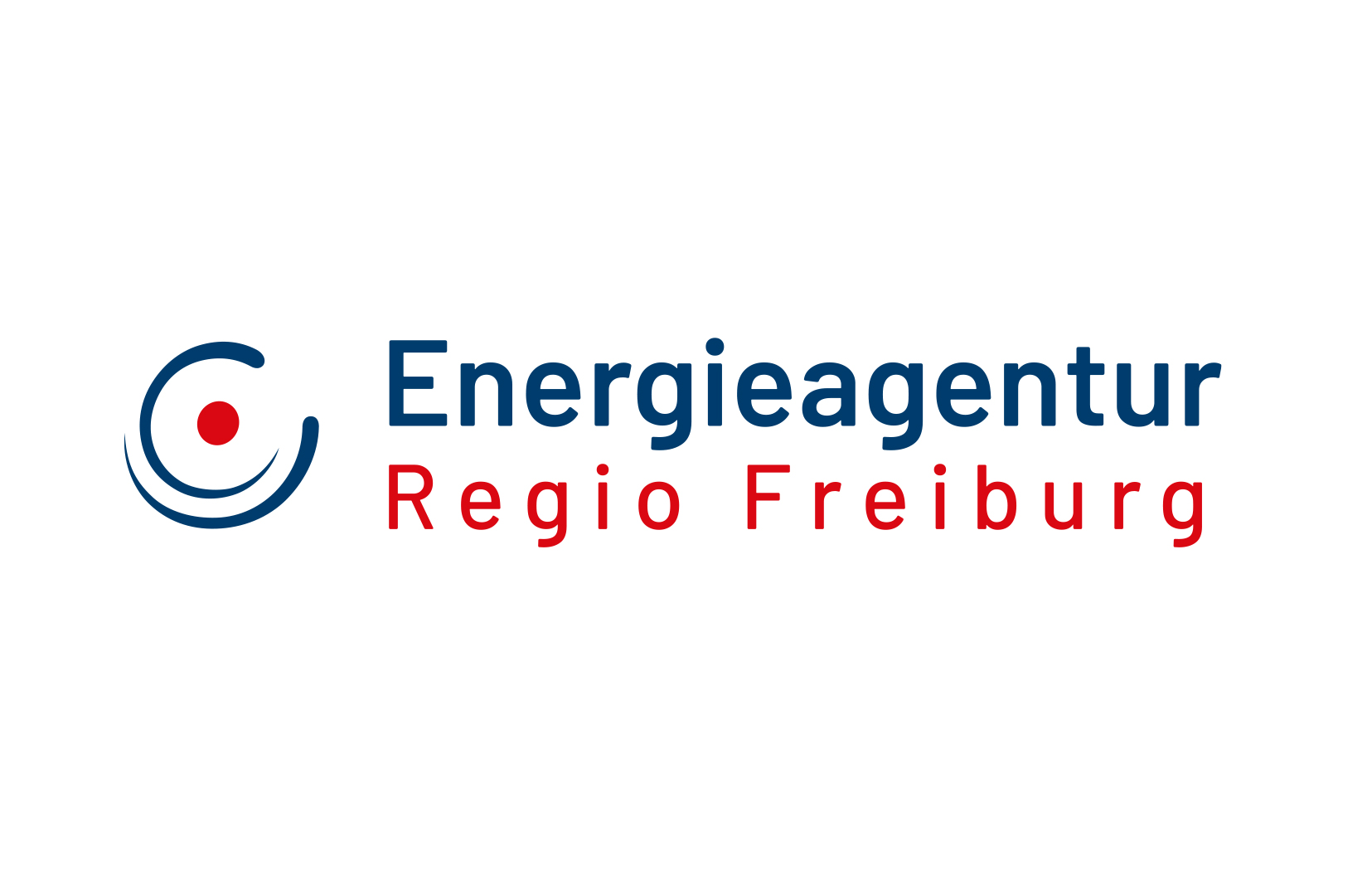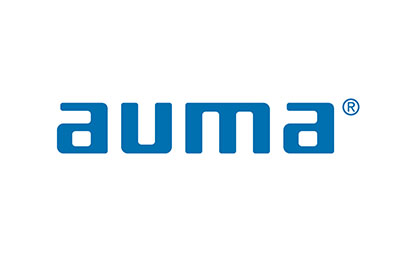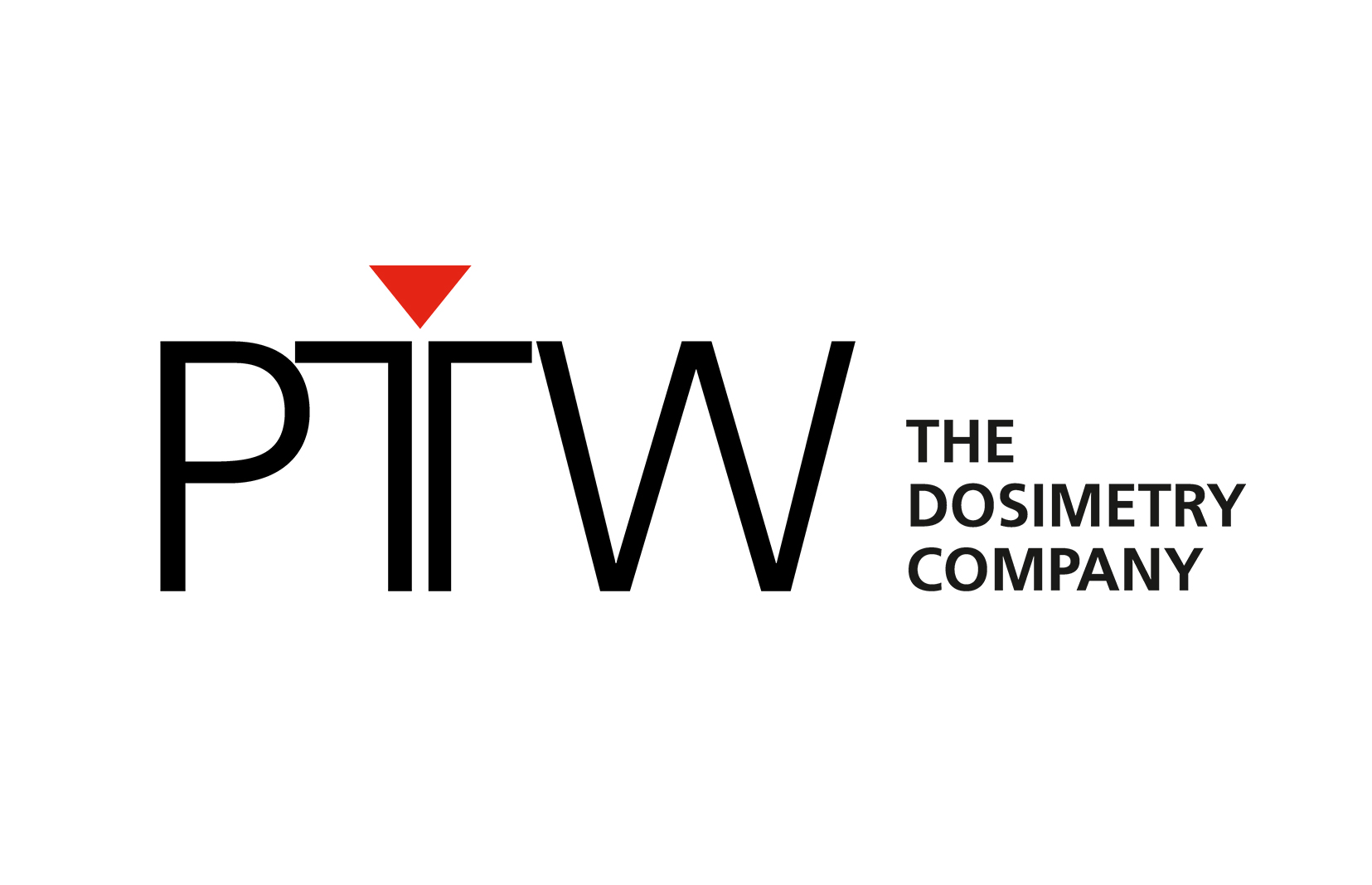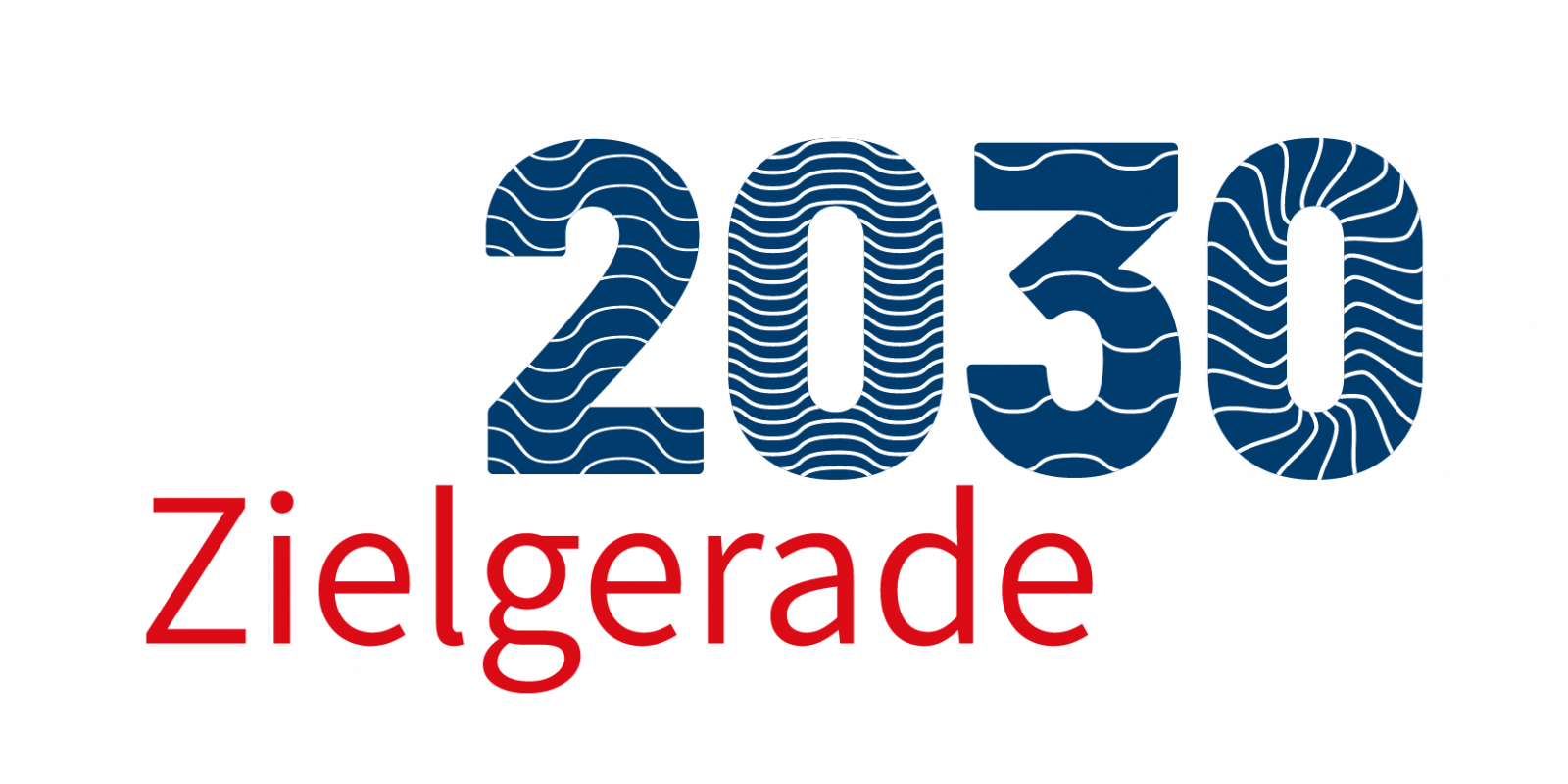On the way to Net Zero:
Zielgerade2030
as global climate pioneers.
Our expertise
Knowing exactly what to do
Ensure Progress
Make a stand internationally
Standard methods
Zielgerade2030 – the alliance initiative
Climate change is emerging as one of the greatest global challenges of our time. Unprecedented climate warming due to anthropogenic greenhouse gas emissions is threatening our habitats and ecosystems. Scientific assessment reports of the Intergovernmental Panel on Climate Change (IPCC) strongly reveal the global dangers such as drought and heavy rain. However, certain future scenarios depending on the development of global greenhouse gas emissions make it clear that we can limit the consequences of climate change through decisive and timely action. The Paris Agreement was put in place to limit the global average temperature increase to well below 2°C, preferably to 1.5°C.
Industrialised nations, in particular, bear a special responsibility. In order to achieve the climate targets, strong emission reductions in the various sectors will be necessary in the years to come.
Our alliance initiative Zielgerade2030 ties in with the aim of accompanying organisations on their way to achieve Net Zero emissions, e. g. by starting with an initial CO2e footprint calculation in order to find effective reduction measures to successively lower the carbon footprint.
The alliance started with local companies in the Southern Upper Rhine region, currently including 14 companies from different industries.
Running Net Zero
3 steps to Net Zero
Describing and setting net zero targets first requires an (annual) analysis of the relevant greenhouse gas emissions, to subsequently derive effective reduction measures. With the help of regularly recurring CO2e footprint calculations, the implementation of individual measures can be continuously monitored within the framework of a company’s own climate management, to successively reduce the own greenhouse gas emissions.
We strongly suggest the following standard process with three key steps on the way to Net Zero.
The analysis
With the help of our experts, you get an overview of the main sources as well as the adjusting screws to effectively reduce your greenhouse gas emissions in a defined balance framework.
The action plan
The remaining emissions
Our standards on the way to Net Zero
Considered emission sources
Our baseline Scope 3 emission sources
o Frequently purchased food
o Water/waste water
o Business travel
o Daily commuting
Targets for your entire value chain
Contact
Feel free to get in touch and contact our Team!
